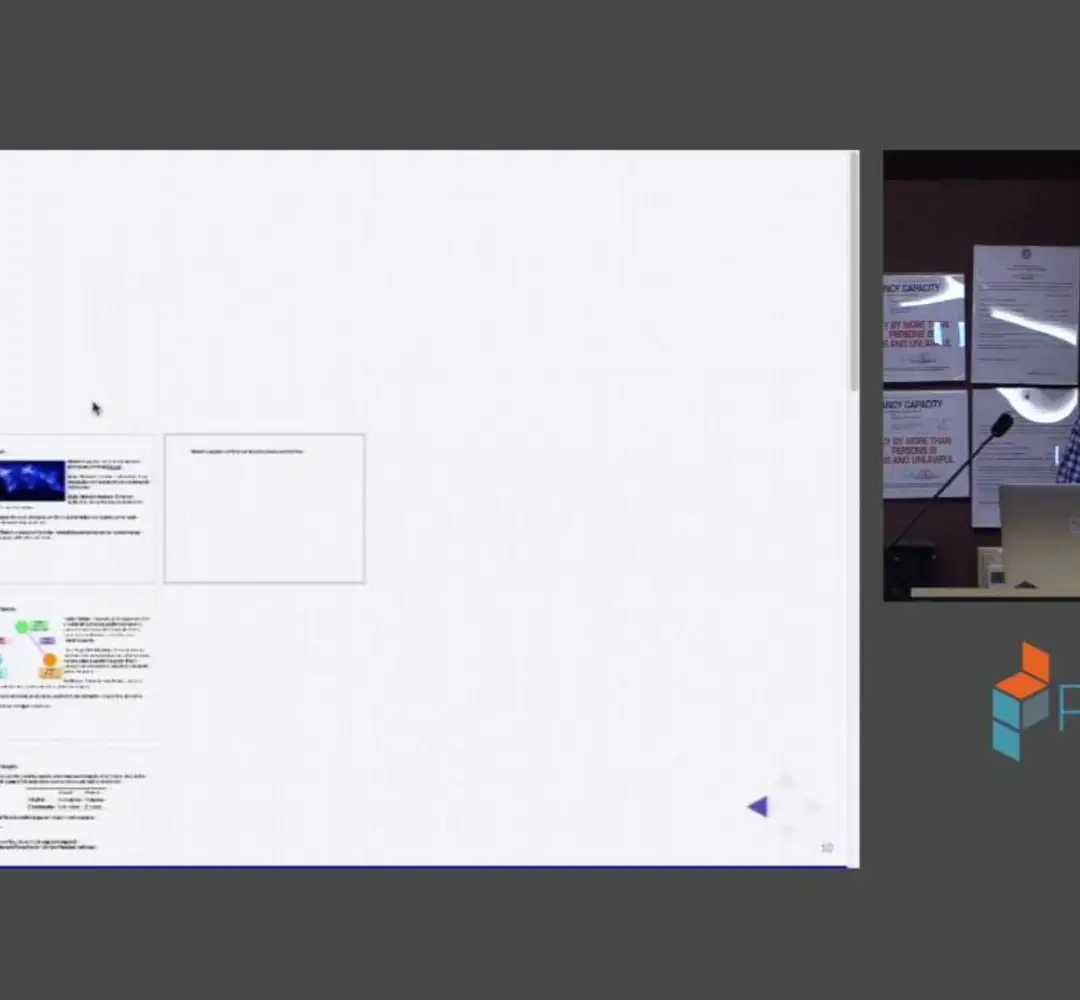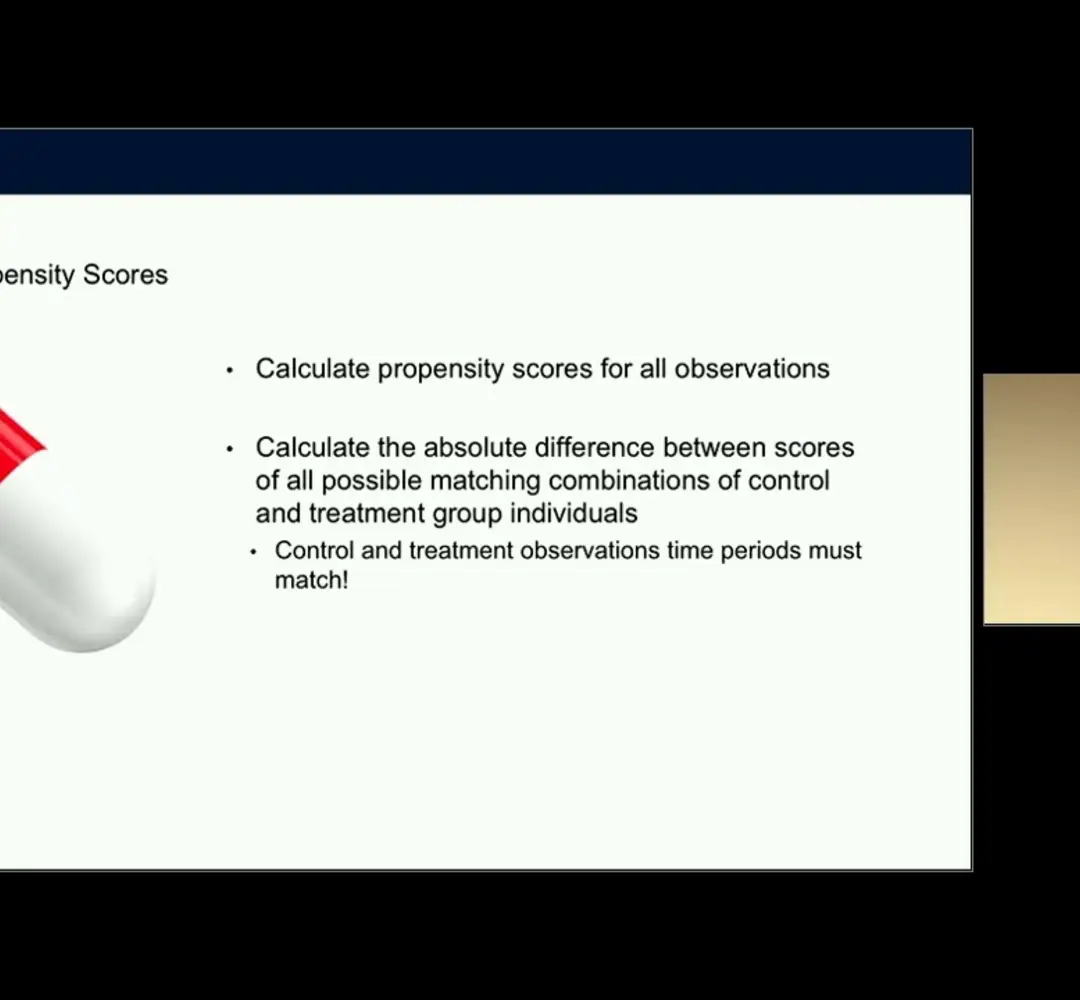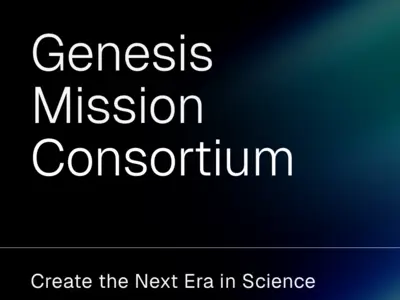Practicing data science for social good
The field of data science has matured greatly but is still evolving at a rapid pace, requiring researchers to reevaluate their work through an innovative lens to increase efficiencies, to approach studies in new and more impactful ways, or to solve problems that once seemed unsolvable. Through established collaborations with industry clients and partners, our RTI experts actively search for opportunities to leverage data science and artificial intelligence (AI) to problem-solve and navigate considerable challenges in research.
Whether we are defining policy and implementation tactics for Responsible AI or understanding how generative AI and large language models can be used in public sector work, we remain agile and thrive in an era of advancement. From the social sciences and public health to the biological sciences, our team continues to shape the future of data science and analytics, realizing its mission to solve important national problems, improve our local communities, and transform research.
Our technical capabilities include:
Advanced Analytics
- Machine learning, artificial intelligence, neural networks, and deep learning
- Generative AI and large language models
- Responsible AI-powered science
- Text analytics and natural language processing
- Computer vision
- Network analysis
- Scenario modeling: microsimulation, systems dynamics, agent-based modeling
Modern Reporting
- Interactive data visualization
- Dashboards and web applications
- Automated and interactive reports
- Data storytelling
Software Engineering
- Data operations and engineering
- Data ecosystems
- Cloud-based architectures designed to auto-scale
- Agile software development, including rapid prototyping, test-driven development, and continuous integration and continuous deployment
- Data products from concept to prototype to production at-scale, integrating non-traditional sources, types, and amounts of data
Related Projects
Simulation Modeling: Preventing Complications in Chronic Disease
Read More about Simulation Modeling: Preventing Complications in Chronic Disease





















